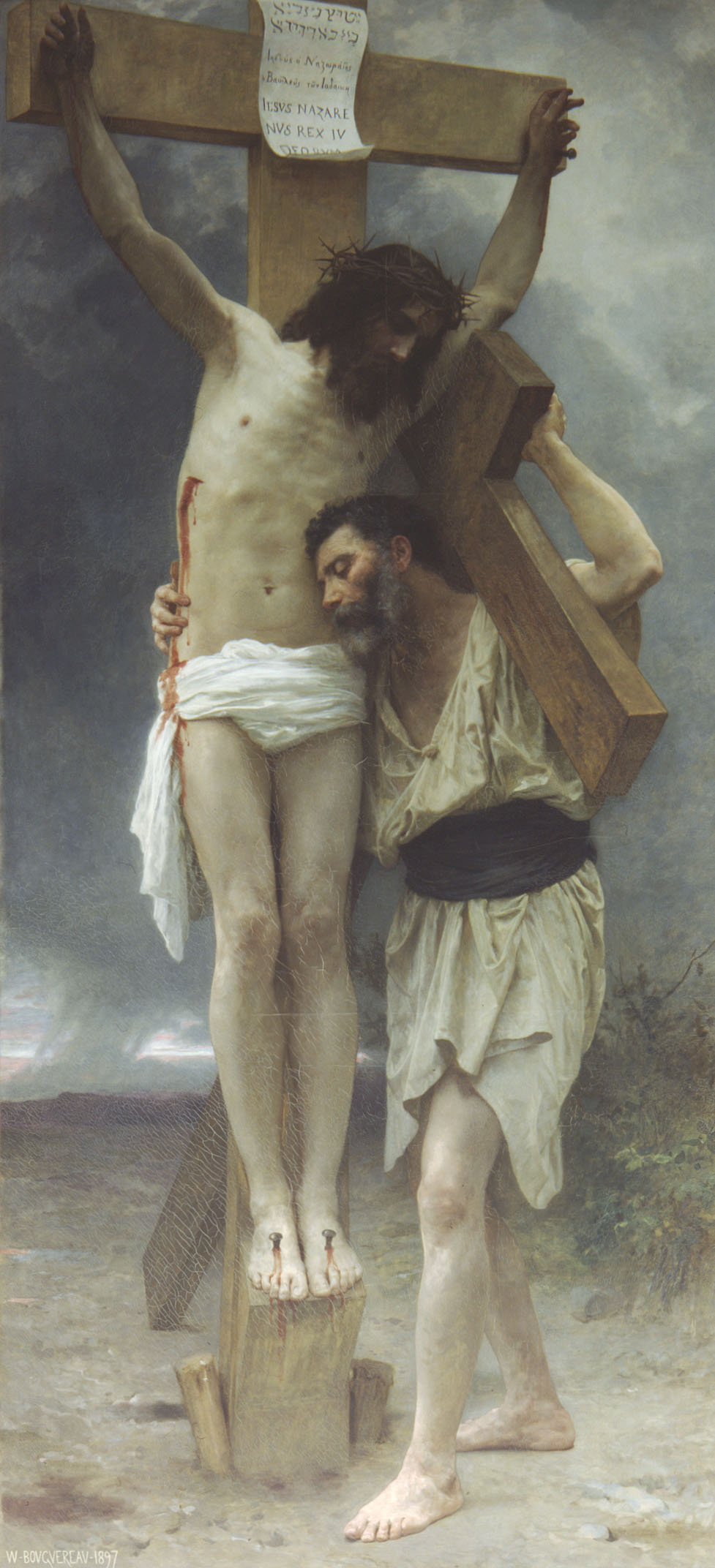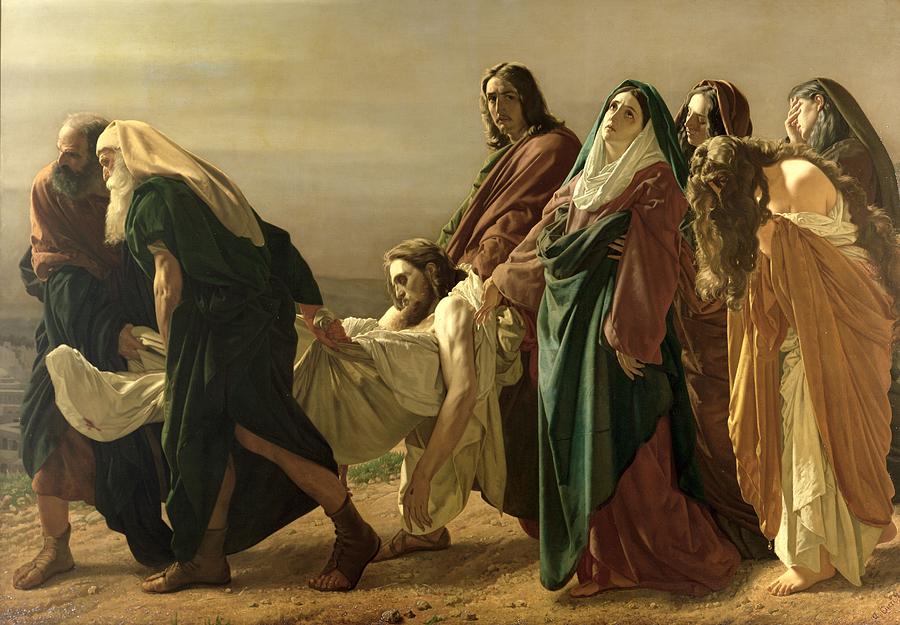OK, that’s a little grand. And I’m posting on Good Friday – I mean, really, I and you have nothing better to do? Onward:
Voting age is in the news. People draw exactly opposite conclusions based on the same facts. A bunch of presumed teenagers are calling for repealing the 2nd Amendment (please – can we stop pretending otherwise?), from which fact we seem to conclude either:
- the voting age should be lowered to 16 (or thereabouts)
- the voting age should never have been lowered to 18/should be raised to 35 (or thereabouts)
Oh, yes, some of these teenagers went through a truly traumatic experience, which is further assumed to to bless their opinions beyond other people’s, and indeed beyond question. This moral high ground is granted despite the wisdom of Rocket Racoon:
Oh, boo hoo hoo! Everybody’s got dead people. It’s no excuse to get everybody else dead along the way!

The kidder in me is sore tempted to point out that the Founders never dreamed of modern medicine and plenty. In their day, the average musket-wielding farmer was dead before 40, and kids bred up by the destitute (who were even more likely to die young) got farmed out to more responsible and successful relatives or sent to orphanages – if they were lucky. Life was hard. Even attaining 21 years was, for most, an actual achievement, back in 1776.
If they’d have known that any ill-bred, irresponsible jerk was as liable as not to live to 80, on the way to which he might very well breed up a passel of even more ill-bred and irresponsible offspring, why, they would never had allowed voting without some sort of test of mature adulthood. Maybe a firearm proficiency and safety test? Just spitballing here.
Now, before the coffee has fully kicked in, I’m sore tempted to give credence to the theory that progressives are watching in horror as their voting base disappears (note here an historical account of how they got a part of that base in the first place). If voter ID were required and systems of voting otherwise hardened against fraud (*cough* Chicago *cough*), why, Fabian Socialists and their useful idiots might never win another election! It’s clear that successful people with non-frou-frou college degrees, for example, do not vote for progressive nutcases (e.g., the California government) in very large numbers.
But the products of modern state schooling do – at least, until they butt into some reality. Modern colleges are designed to prevent them from butting into reality for 4 to 5 more years, and to inoculate them against it during that time. It works surprisingly well for a fantasy. So, let’s get more of *those* people on the rolls! People we can count on to be on the Right Side of History, since we’ve spent 12 years of their lives putting them there.
What could go wrong?
There are a number of American Heresies. True to our Puritan roots, we can’t seem to shake the idea that we can build Heaven on Earth if only we establish the right state religion. (Over the years, what exactly the right religion is had changed, but not our faith in the need to establish it.) People just need to cooperate, perhaps even in the business of exterminating those who won’t. Egg, omelette, and all. Only mean people insist that (fallen) human nature stands in the way. NO! If we stamp our little feet hard enough, we can conjure New Soviet Men from the blood and ashes! Don’t make me sad!
But today we consider another heresy: The assumption that politics defines us. We *are* a Democrat or Republican. We *are* a Liberal or Conservative. We *are* enlightened Progressives or fascist scum who should be lined up and shot by designated government officials using appropriately non-scary but nonetheless lethal guns.
You know, the usual buckets.
What, in America, is the ultimate confirmation of our value as human beings? The right to vote. Our role in politics is our role in life. Someone can be – and many are – without mother or father or family, without roots or friends, without God or church. This counts as nothing, we are not allowed to even consider how much being deprived of such things limits or destroys the space in which a person can be human and free. But not being able to vote? Outrage!
Aristotle said that we are political animals. He’s saying that we by nature live in a polis – a city. Human beings by nature live in and by means of relationships. The town or city is the daily functional unit of those relationships. (1)
He’s not saying that being a worthwhile person means being constantly involved in a minutia of government, or even being involved in government at all. It does not mean being a courtesan.
It does not mean having the right to vote.
But starting before the Revolution, with No Taxation without Representation, with tarring and feathering the King’s agents, with Abigail Adams, we drank in the notion that voting = the ultimate confirmation of full personhood.
The political state cannot grant or add to our basic human value. I fear that rootless people unconsciously cling to the fantasy that it can. Without mother or father or family worthy of the names, without acknowledging relationships that supercede any choice to be in them, many people grasp at the demagogue’s promise to give their lives the meaning they are deprived of by the lack of those real relationships. They think they are citizens of the omnicompetent state; they are citizens of no real city on earth, let alone the City of God. They will not have rest.
Before we grant 16-going-on-11 year olds the right to vote, maybe we should think through the point of voting in the first place.
Rather than seeing the running of government as one among many tasks adults must perform in order to provide and protect the space needed for the real, natural relationships that give life meaning, it becomes, somehow, the essential expression of that meaning. It was not enough for Abigail Adams – a thoroughly admirable woman, mother and wife – to be the beloved daughter, spouse and mother she clearly was. She wanted the vote. I get it – she was far more intelligent, educated and prudent than all but a few of the men around her. She assumed that women in general were or could become at least as well qualified to run the government as their fathers, brothers and husbands.
Perhaps she was right. Certainly, we as a nation could do (and have done) much worse than being ruled by the likes of Abigail Adams. What’s missing from the calculation here is that women who are called to be wives and mothers are now expected to also be sufficiently conversant in politics at all levels to vote and rule well. Is this reasonable or desireable from the women’s point of view? Why? Is politics really that empowering, or is it more like taking out the trash or dying in defense of your country?
Why would most women bother, given a choice? Under critical theory, women would bother because they’re victims of oppression, and political action is the only way to move forward on the Right Side of History. But if you truly find your freedom among your family and friends in the community you were granted to live in, and men are not your natural enemies but rather the natural sources and objects of love, would it at not at least bear consideration that the nuisance and duty of government is best left to somebody else? So that one might better focus on what is most valuable and important in life? We see here foreshadowed the ugly myth of the Woman Who Has It All – the job, the kids, the responsibility – except for the relationships that might make those other things worthwhile. The myth becomes a stick, with which to fend off or perhaps beat the reality of the lonely female cube-dweller, whose work is drudgery and whose family is chaos.
What if the running of the city were left, along with war and taking out the garbage, to some subset of adult men, say those 35 and older who have done some well-understood service for their community? That this is generally outrageous and unimaginable is the whole point of this essay. It doesn’t matter, for the argument, if the definition of the cadre of voters is altered to include some women or some younger people – but not everybody. What matters is that voting is seen primarily as a duty, and that this duty exists to protect the real world of relationships in which a person can be free and find meaning.
This duty must be taken up by somebody. That somebody must have the time and energy to fulfill it. From the point of view of the city as Aristotle envisioned it, men have always been more expendable than women and children. Men could and did and do go off to war, and many do not come back. Yet the web of relationships in the city survive. Would the same happen if the women were to leave and the men stay behind? We’re running that experiment now. Preliminary reports are not encouraging.
Again: much more important than who votes and holds office – I don’t really care, except for wanting to exclude as many gullible children of all ages as can be excluded – is recognizing the primacy of natural relationships over political actions. The latter serves the former, not the other way around.
- The functional big cities Aristotle knew of contained around 50,000 people. Most were smaller.













 “He was heading down to Success when he tried to moon that trucker.”
“He was heading down to Success when he tried to moon that trucker.”





 There’s also rain. This particular storm is centered south of here, with the brunt hitting land around San Luis Obispo and then sliding south into Santa Barbara on into LA. They’re looking at 4 – 8 inches in the mountains, with over an inch in the flats. Since brush fires exposed a lot of bare ground down south this fall, mudslides are likely. They’re predicting snow on the Grapevine (Interstate 5 where it winds through the mountains north of LA) which will create traffic chaos. Good week not to drive.
There’s also rain. This particular storm is centered south of here, with the brunt hitting land around San Luis Obispo and then sliding south into Santa Barbara on into LA. They’re looking at 4 – 8 inches in the mountains, with over an inch in the flats. Since brush fires exposed a lot of bare ground down south this fall, mudslides are likely. They’re predicting snow on the Grapevine (Interstate 5 where it winds through the mountains north of LA) which will create traffic chaos. Good week not to drive.